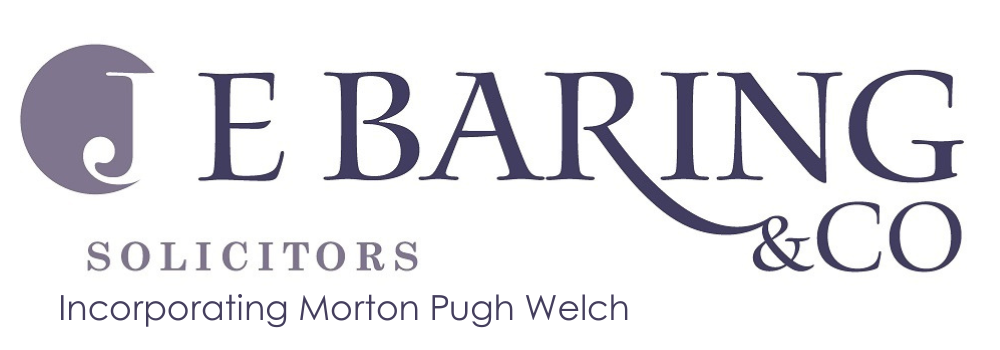Instructing a lawyer can be a difficult exercise, particularly as, depending on the area of law, there may be no shortage of firms who can assist you with your legal matter and picking the right one is going to be crucial if you are to be satisfied with the outcome. Below are some factors you may wish to consider.
Personal recommendation
This is always a good starting point but it is worth proceeding with some caution. Always ask people you genuinely trust and ensure you ask about their particular case or matter to find out what it involved, the outcome and why specifically they would recommend the lawyer for your issue or problem. We are all subjective and so it’s important not just to take any recommendation at face value or to rely solely on a recommendation. It shouldn’t obviate the need to consider other factors in a comprehensive research exercise. Having the right lawyer makes a huge difference.
Experience
The best starting point is to consider your potential lawyer’s level of experience but also his or her experience in dealing with similar issues to yours. This matters in practical terms but also can result in saving costs since a lawyer who has specific experience may find a solution faster or will work more efficiently. Law is wide ranging so simply instructing a lawyer in the belief that they know everything is a big mistake.
You should not be scared to ask the lawyer what his experience in this area of law is including how long he has been at that firm, how long he or she has been practicing this area and whether he has dealt with a case with similar facts to yours previously. For example, if you are seeing a lawyer about winding up company you should ensure that the lawyer is experienced with insolvency matters. You should also consider whether the lawyer understands and has experience of dealing with other clients in your industry.
Connections
You should also consider whether your lawyer is well connected. It is unlikely that you will find a lawyer who will know absolutely everything about the area of law in which you require assistance; they should have access to the right resources. For example, most solicitors firms will work closely with legal counsel (a barrister) who can advise on specific areas. If you require assistance in an area that the firm does not specialise in (perhaps they are a niche firm and not a general practice firm) they should at least be able to refer you to another firm. You should not have to go hunting for new lawyers every time you require assistance.
Approachability
The relationship between client and lawyer is predicated on trust and personal rapport. Confidence is key as is the ability of the lawyer to communicate in a way which means you as client understand the advice. You should also be confident the lawyer listens to you rather than talks at you. The best lawyers are a bit like teachers; they should have the time to help you to understand what they are doing for you and the legal implications of your predicament. You should also know who in the firm is going to be working on your case, if at any time you feel that you are not dealing with the fee earner you should ask to be introduced to him or her.
It may also be wise to pick a lawyer that is either close to your business to save travelling time or at the very least one who is easily accessible. Ultimately it is important that your lawyer is approachable, trustworthy and someone with whom you can maintain a good relationship. Before instructing a lawyer it is a good idea to meet with him or her.
Fees
Be sure to enquire about the hourly rates of the members of the firm and whether they will be prepared to deal with your matter on a fixed fee basis. Some lawyers may not be prepared or able (due to the inherent uncertainty of the amount of work involved) to act on a fixed fee, especially with contentious matters as how the other side is likely to react to proceedings or the threat of proceedings could impact the amount of time the lawyer spends on the case and thus the cost.
When arranging a fixed fee be sure to ask when the fixed fee is to be paid and, if the fees are substantial, whether they can be paid in stages. When working on an hourly basis you should request a written estimate of the amount of the likely fees and notice of when the fee estimate has been reached or when it is no longer likely to cover the work. If a payment on account has been made towards the estimate then be sure that this is applied to the work at the end of the matter and is not merely held in escrow.
Instructing a lawyer can be a difficult exercise, particularly as, depending on the area of law, there may be no shortage of firms who can assist you with your legal matter and picking the right one is going to be crucial if you are to be satisfied with the outcome.
If you are in need of a lawyer that ticks all the above boxes, contact us!
Tel : 0207 242 8966
Email : or
